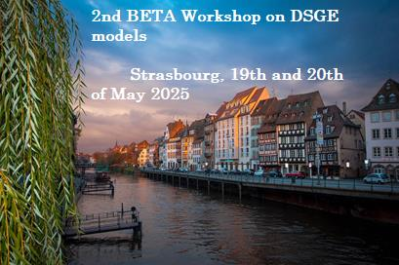Oliver Williamson's (1932-2020) work has significantly contributed to economics in several ways. First, by offering a microeconomically grounded analysis of Ronald Coase's transaction cost theory, he connected various fields within the literature, proposing a new theory of the firm and market organization. Additionally, his work has made a significant interdisciplinary contribution, recognized in economics, law, and management. His analysis prompted a reevaluation of organizational boundaries and envisioning a world with "positive transaction costs." His work has also sparked significant discussions within other economic disciplines, such as the Posnerian stream of Law and Economics and the theory of complete contracts.
In 2009, Oliver Williamson's Nobel Prize award celebrated his contributions to New Institutional Economics more broadly. Fifteen years after receiving the Prize, reviewing how transaction costs are integrated into current economic research seemed pertinent. Conceptually and theoretically, the notion of transaction costs has become part of the toolkit for authors outside of the New Institutional Economics. Methodologically, Williamson also emphasized empiricism, particularly the understanding of cases by economists. By seeking a theory validated by data rather than an abstract theory, Williamson contributed to the empirical renewal of economic science.
Although there has not always been a consensus on the role of transaction cost theory in law and economics, the boundaries between the different fields frameworks literature in law and economics have blurred over the last few decades. The New Institutional Economics is now fully integrated into the renewed analysis of organizations, law, and economics.
This workshop will invite authors to present various contributions, both theoretical and empirical, illustrating how Williamson's concepts currently permeate economic research on the new frontiers between economics, law, and organization. The selected contributions may either be a state-of-theart on how research currently integrates transaction costs; but also empirical or theoretical academic articles using this framework in their analysis.
Keywords: Williamson; New Institutional Economics; Law and Economics; Organization; Transaction Cost; Industrial Organization; Public Law and Economics; Public Economics; Management; Environmental Economics







No comment
Log in to post comment. Log in.